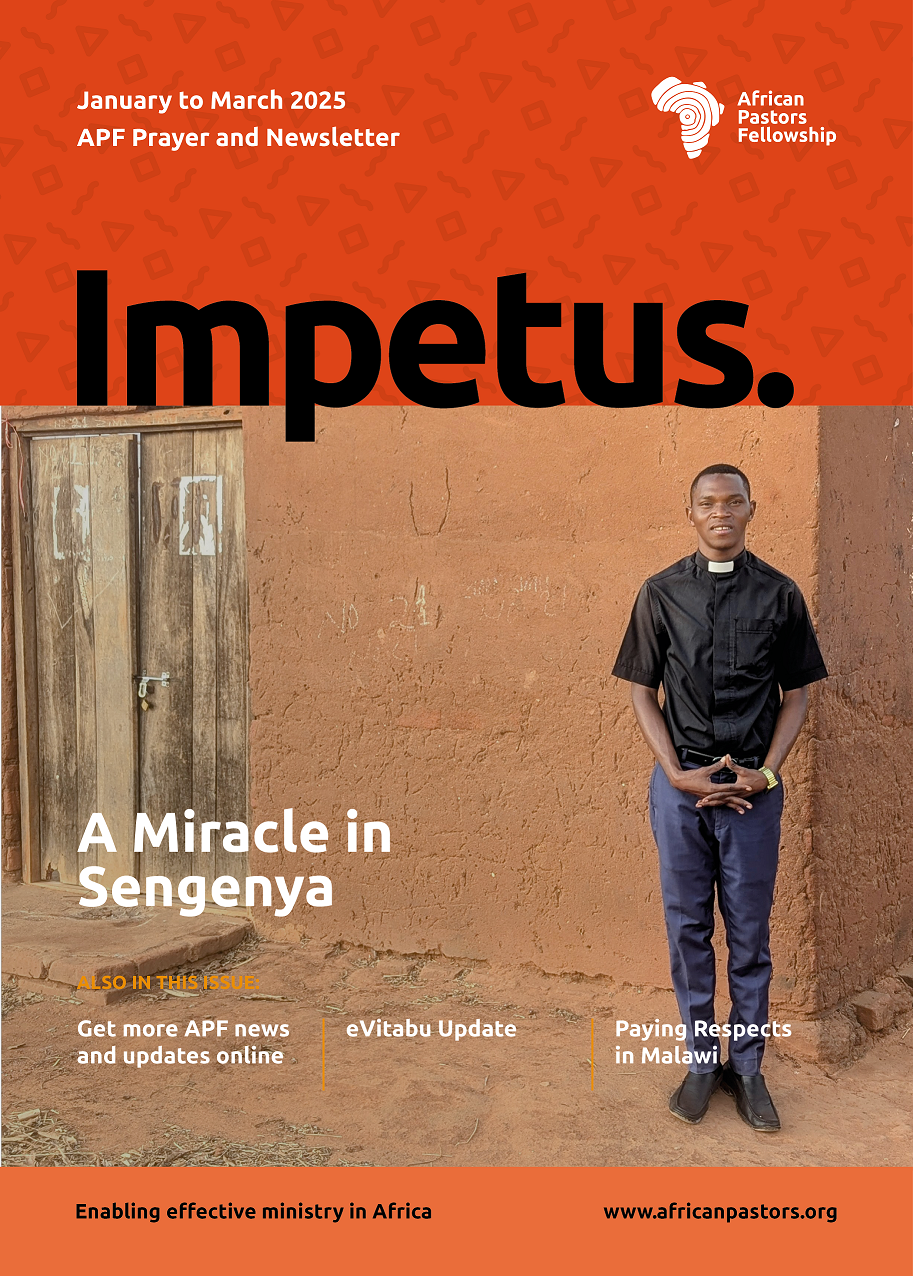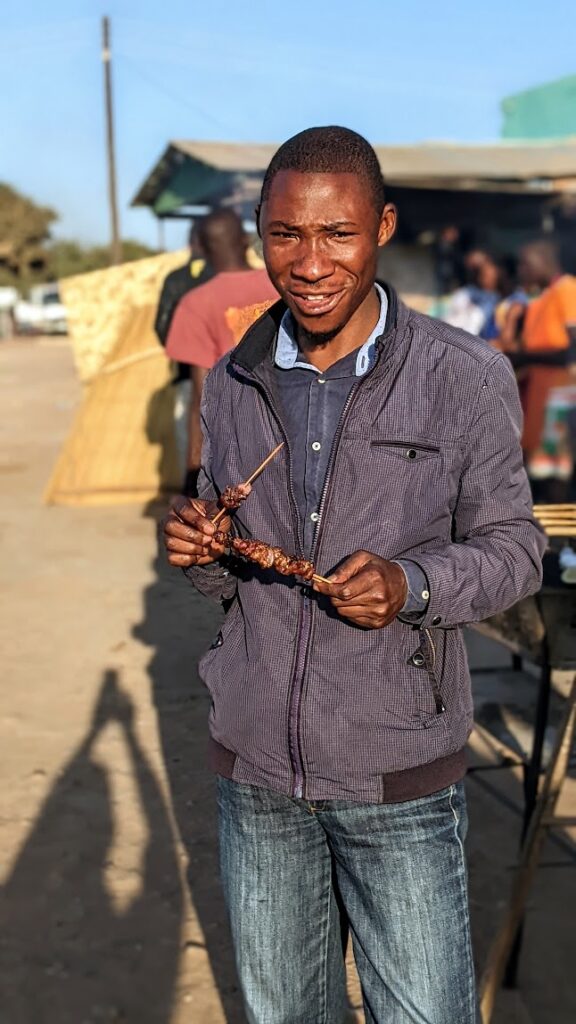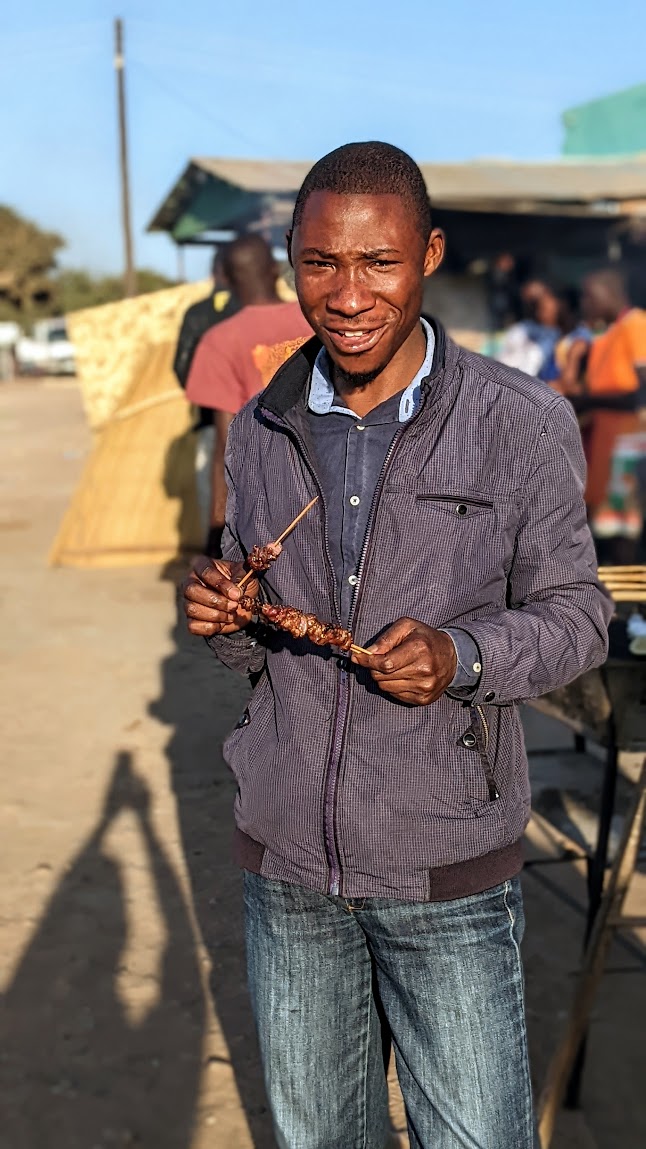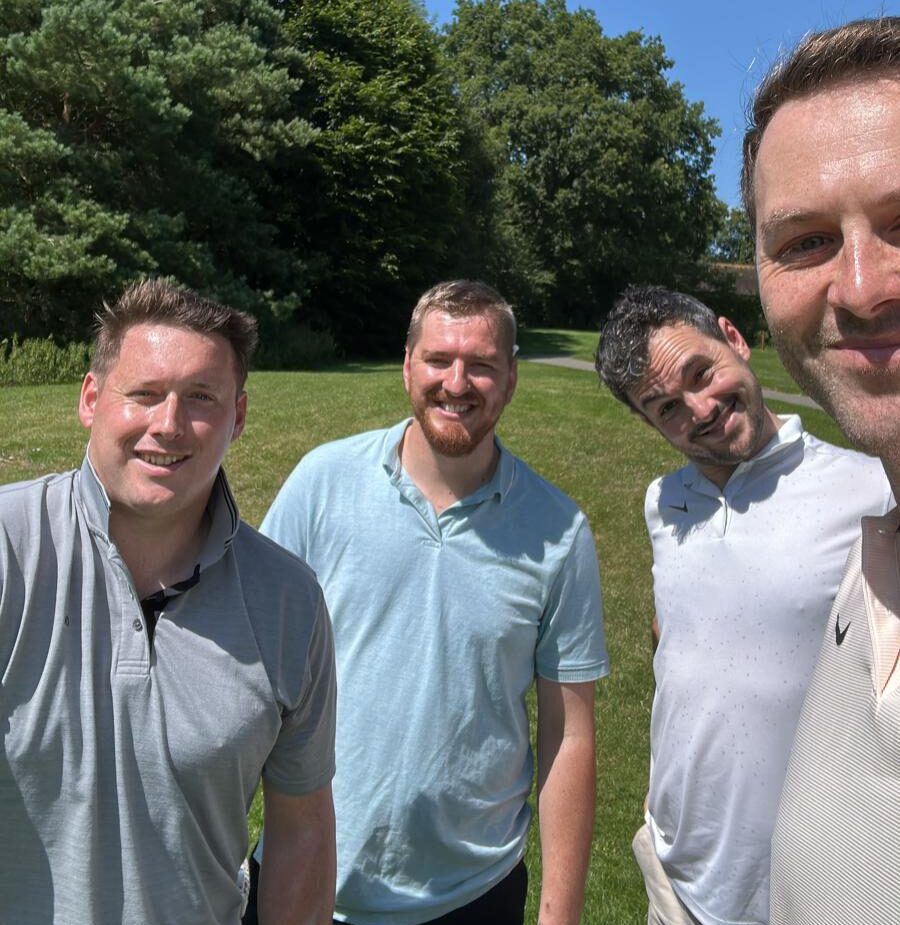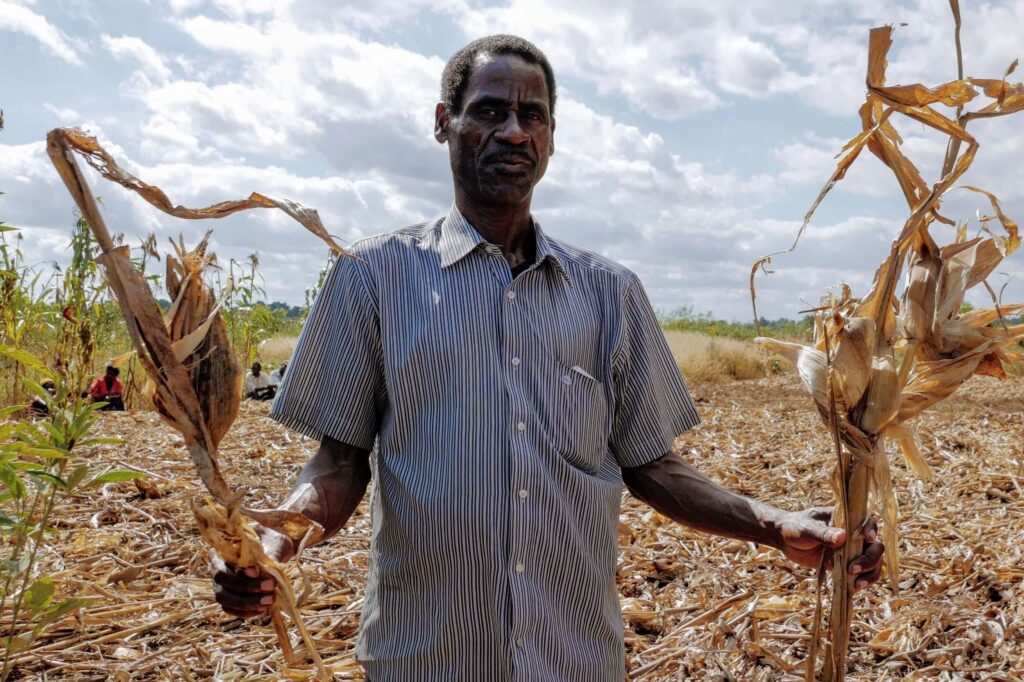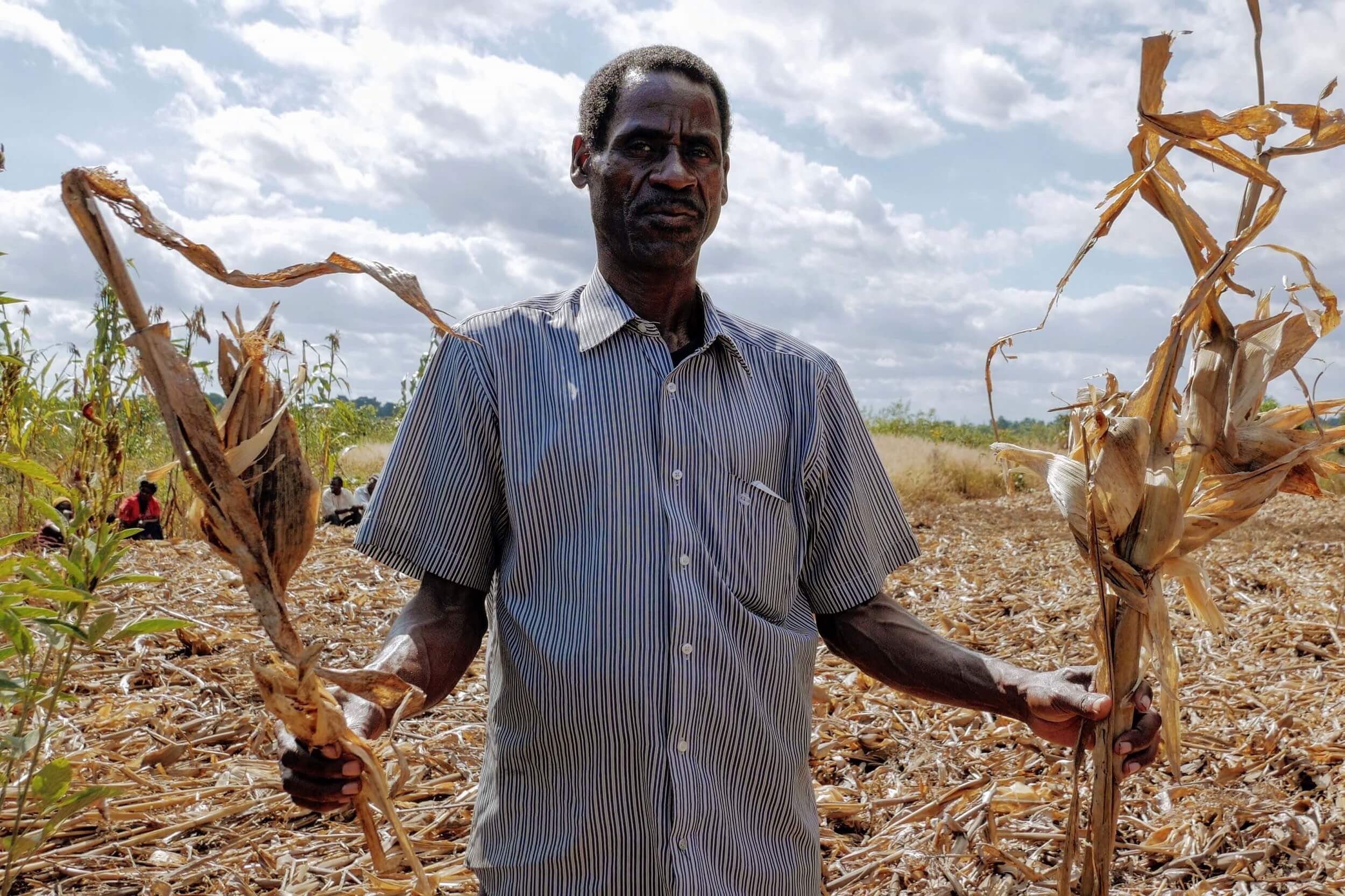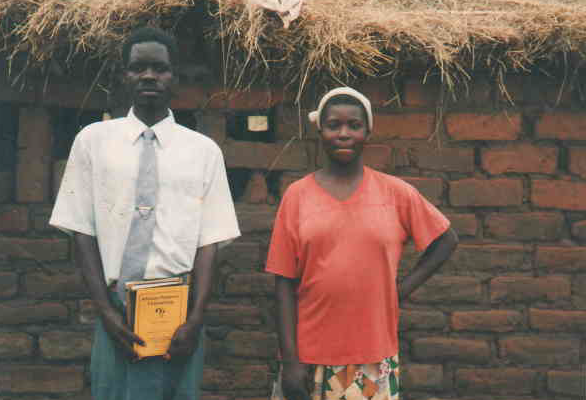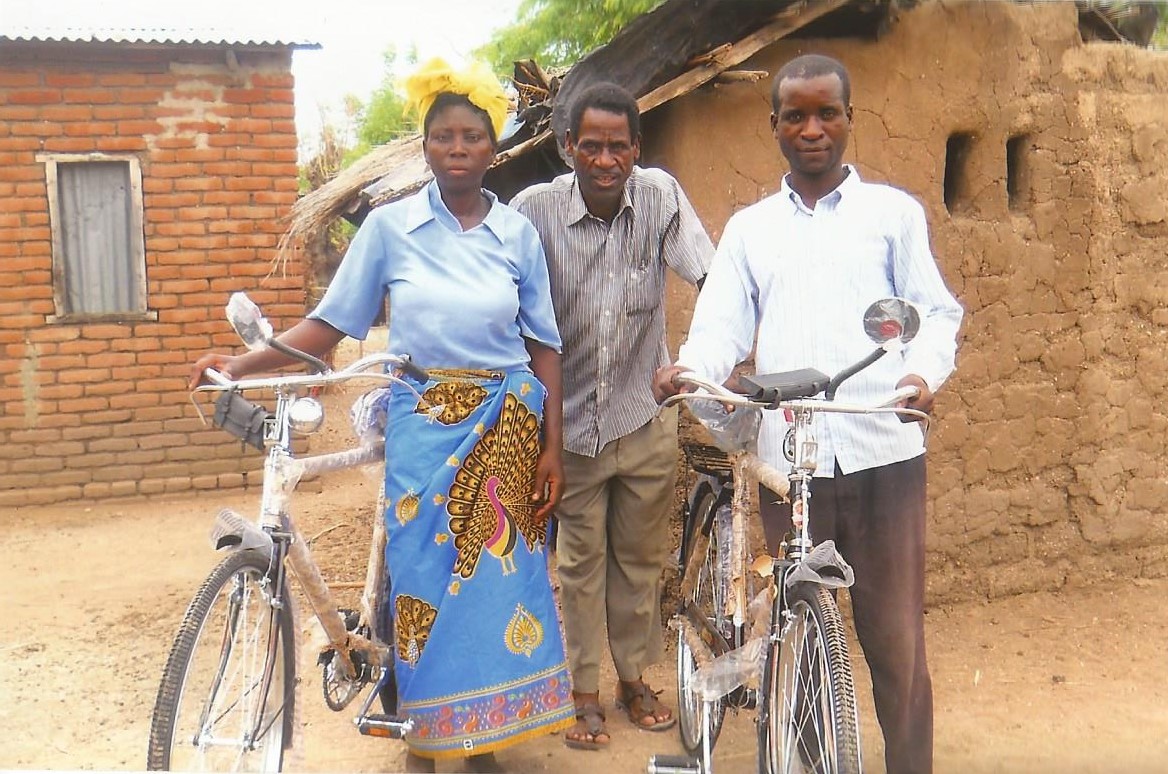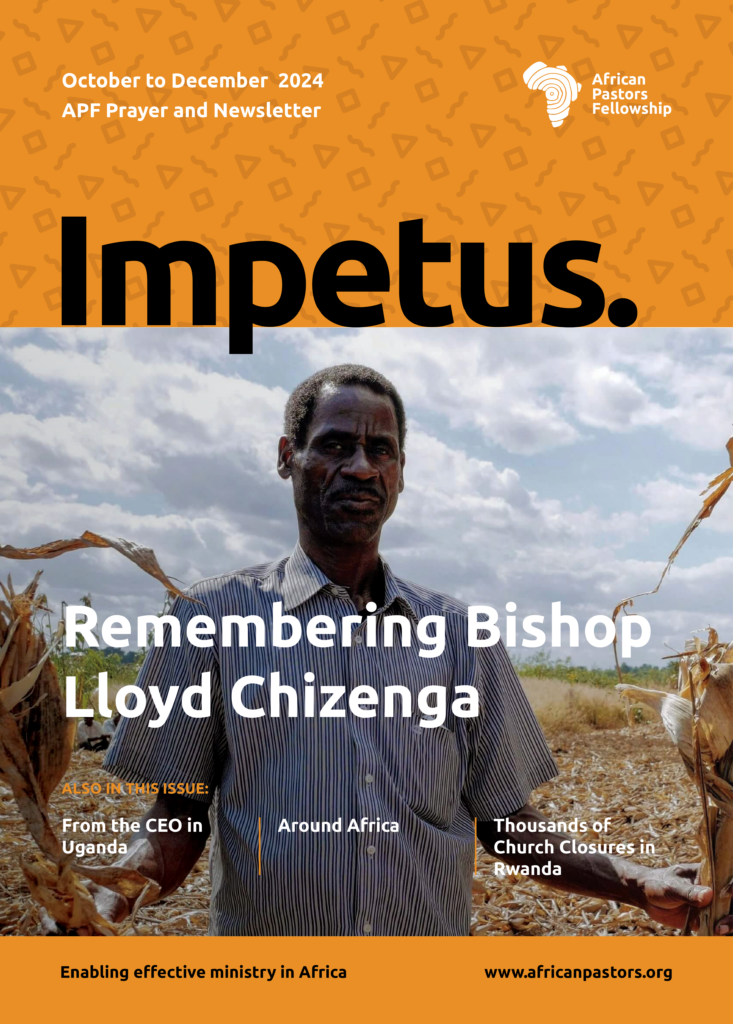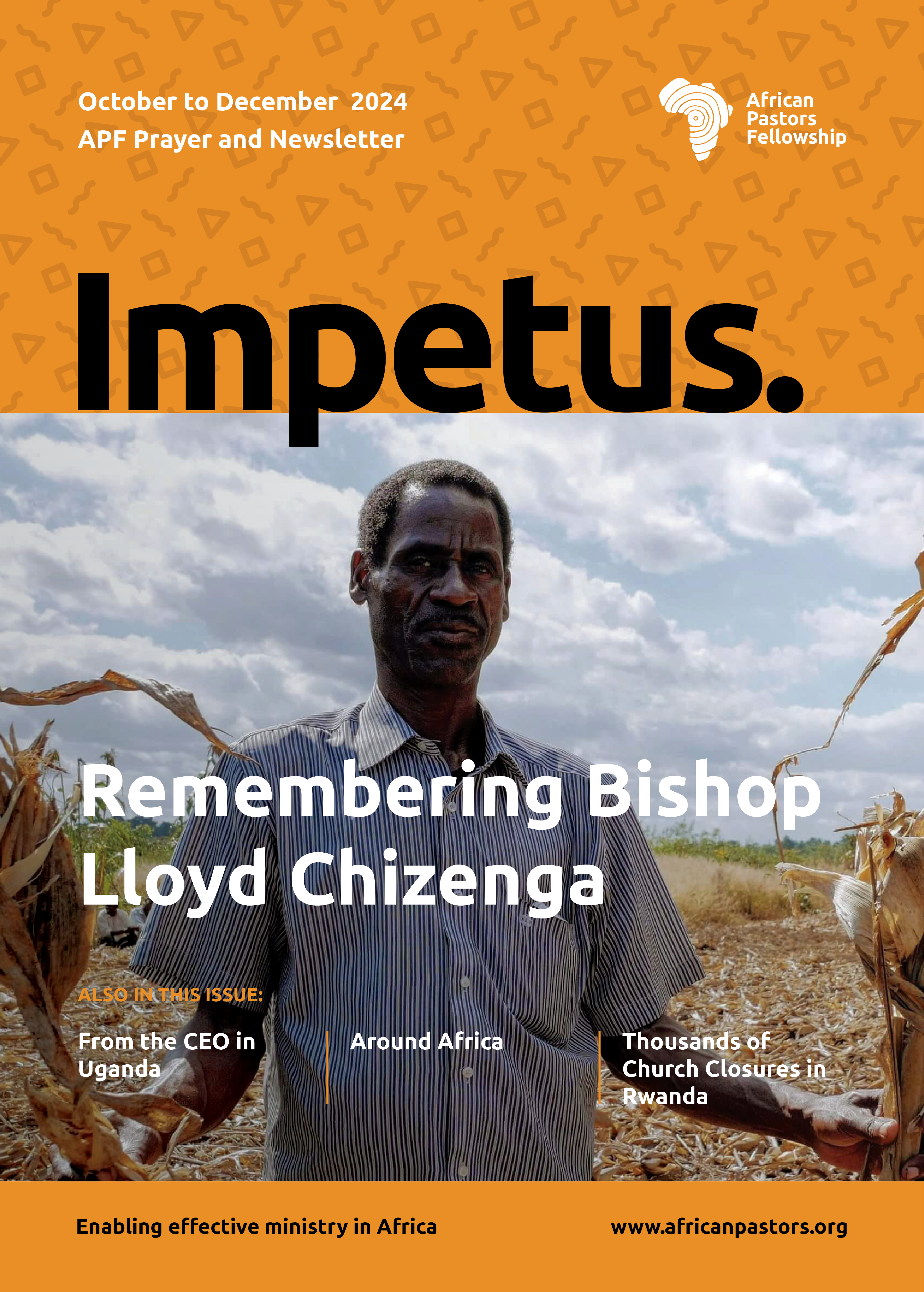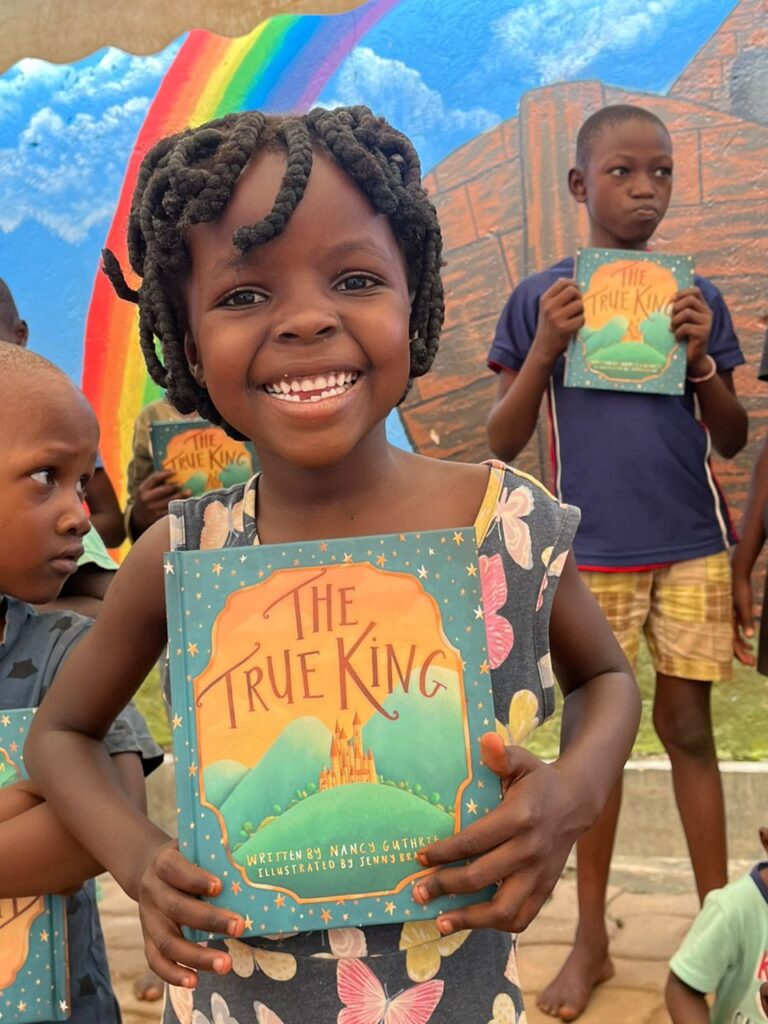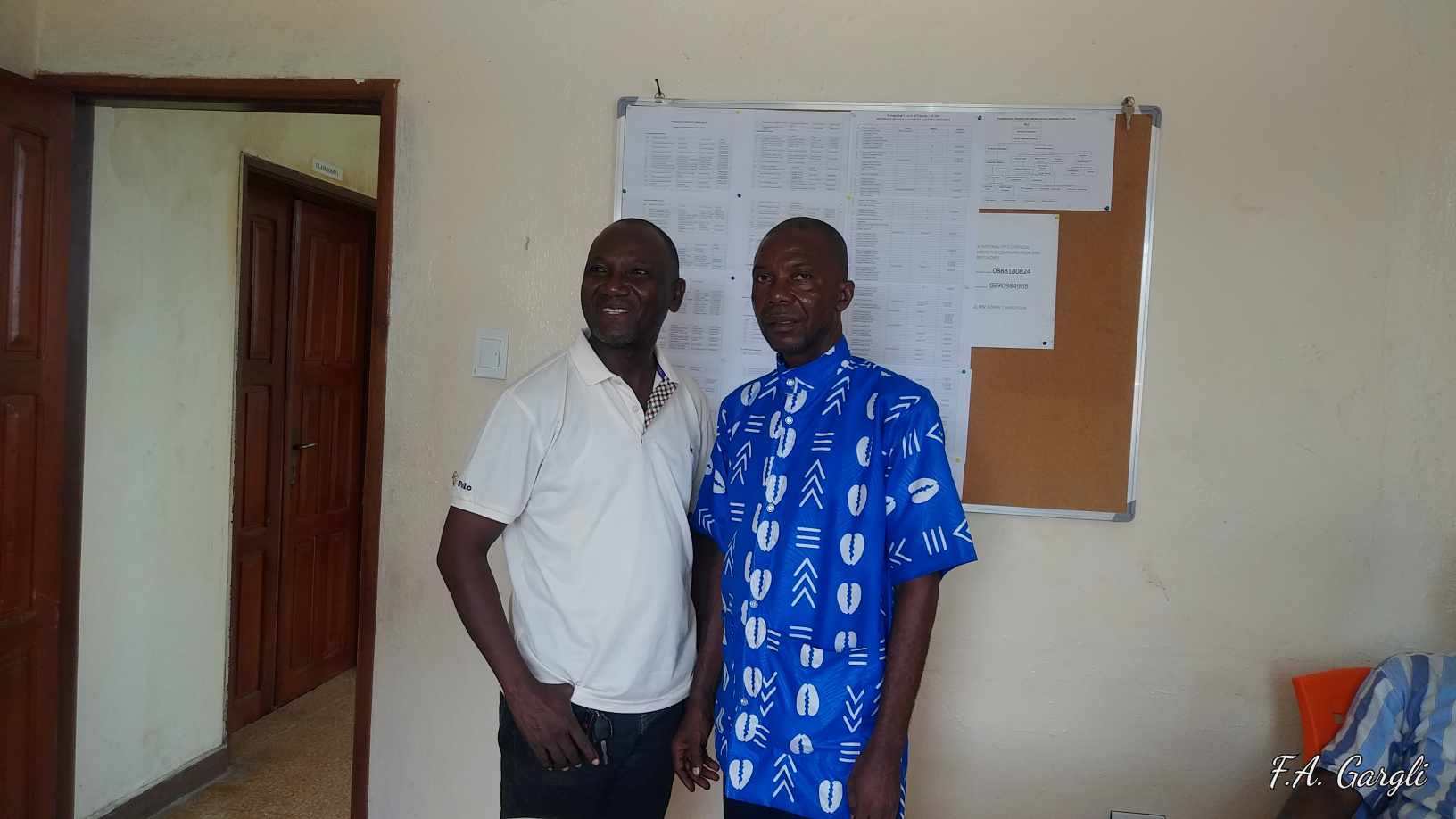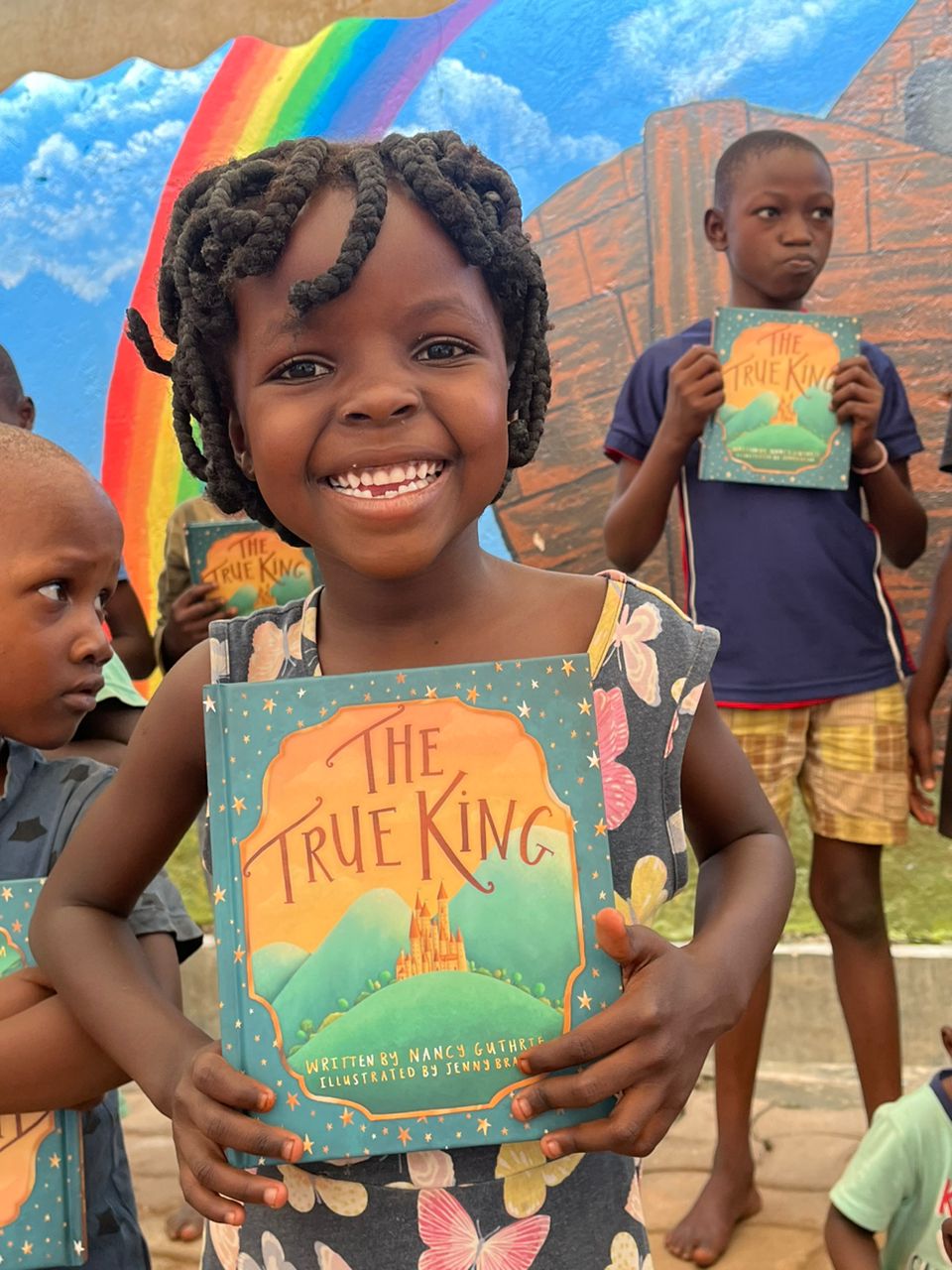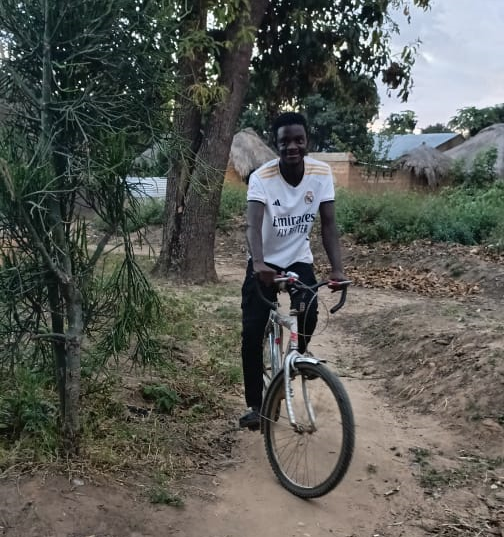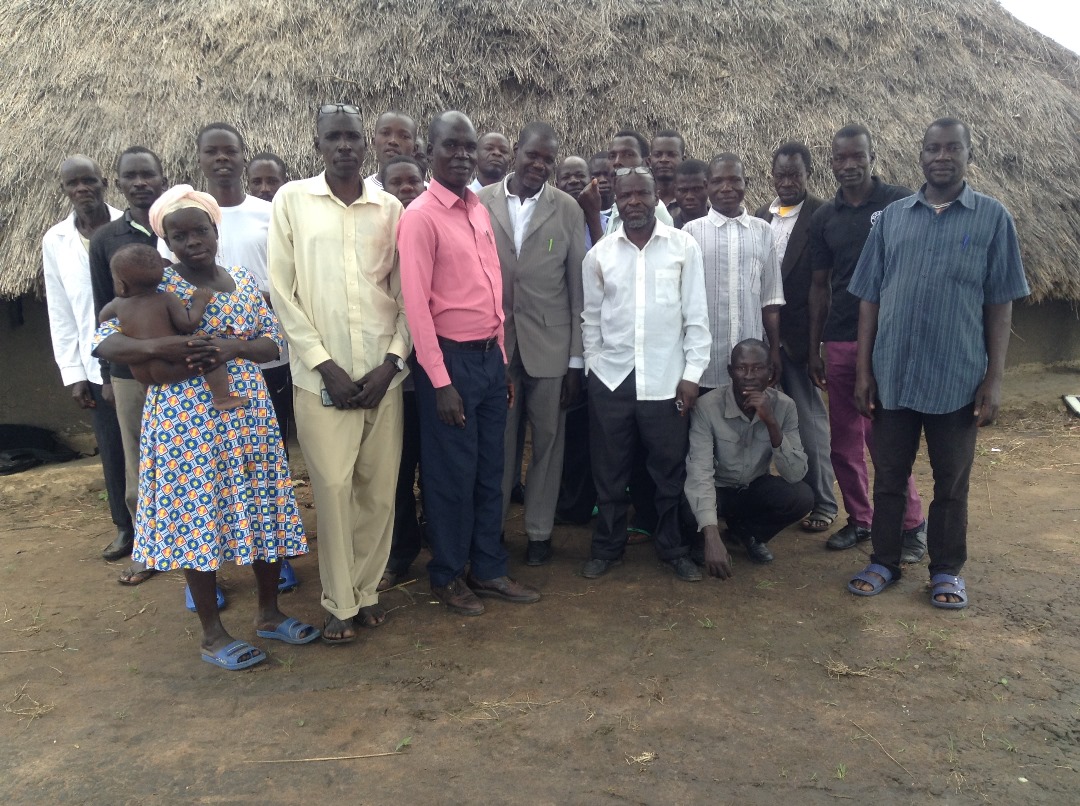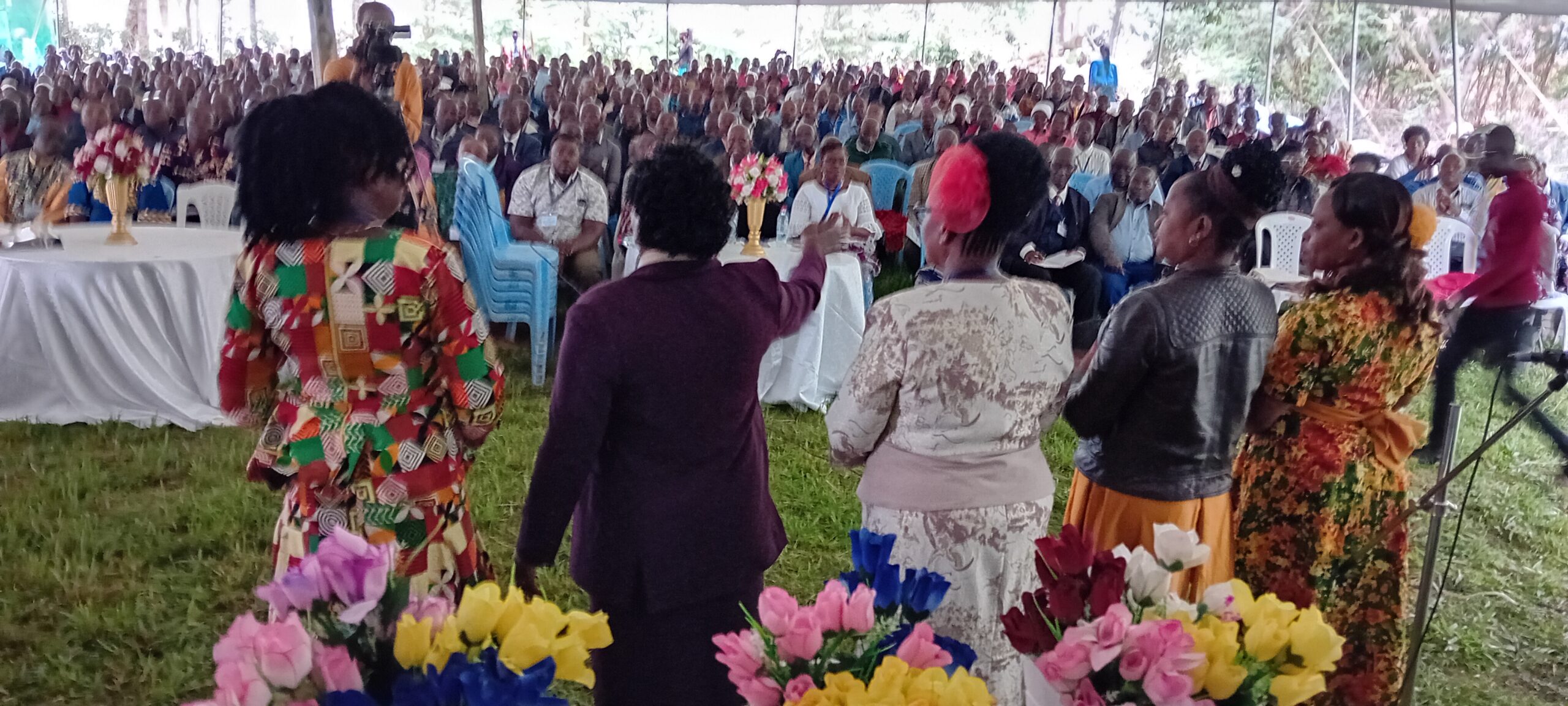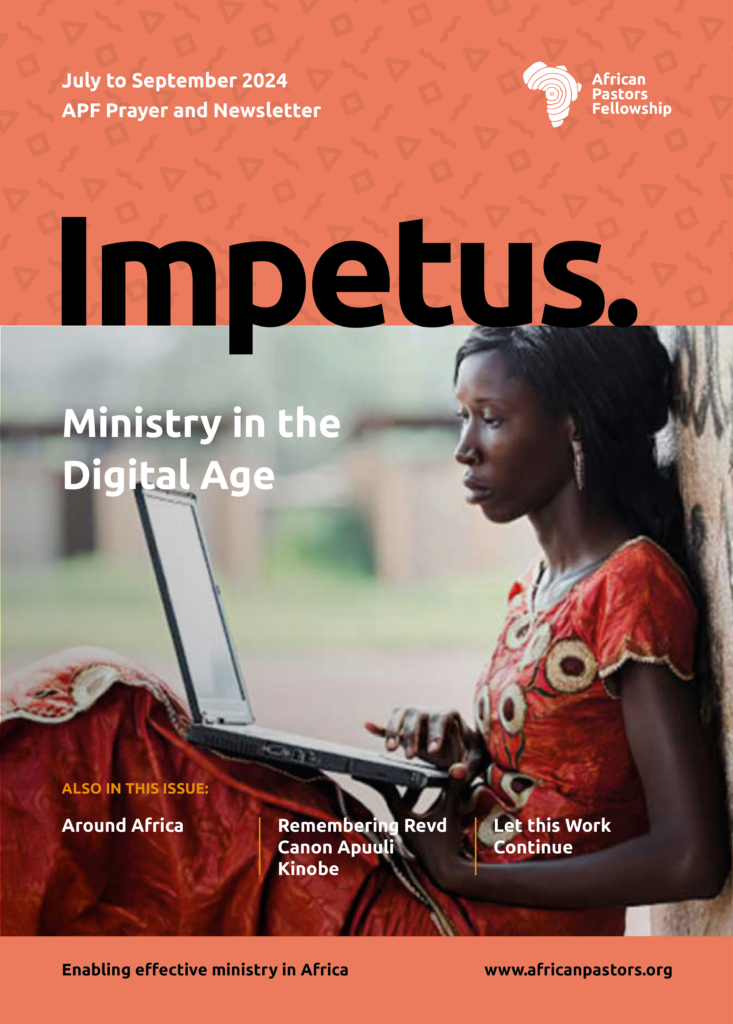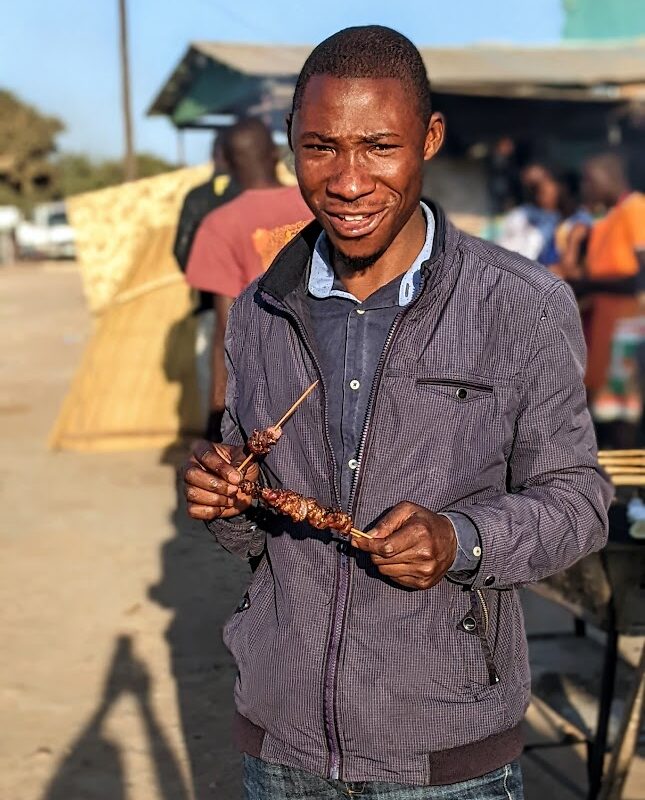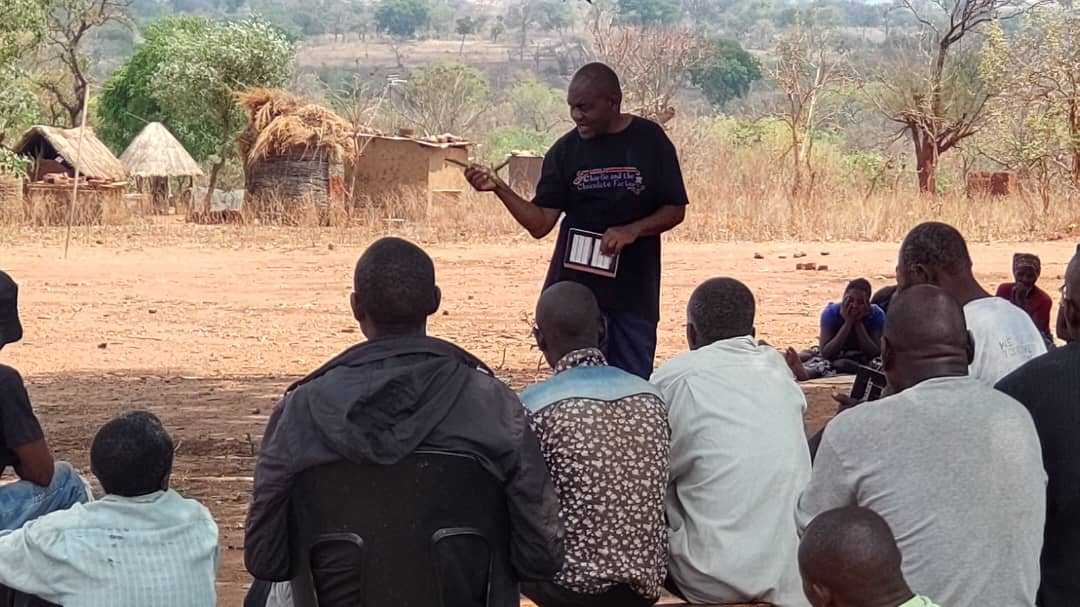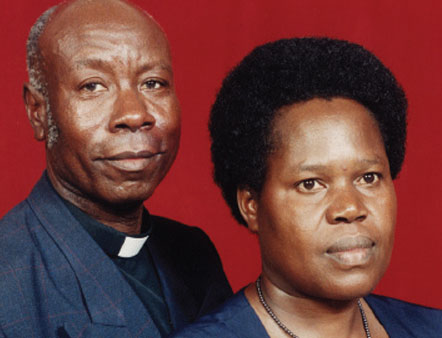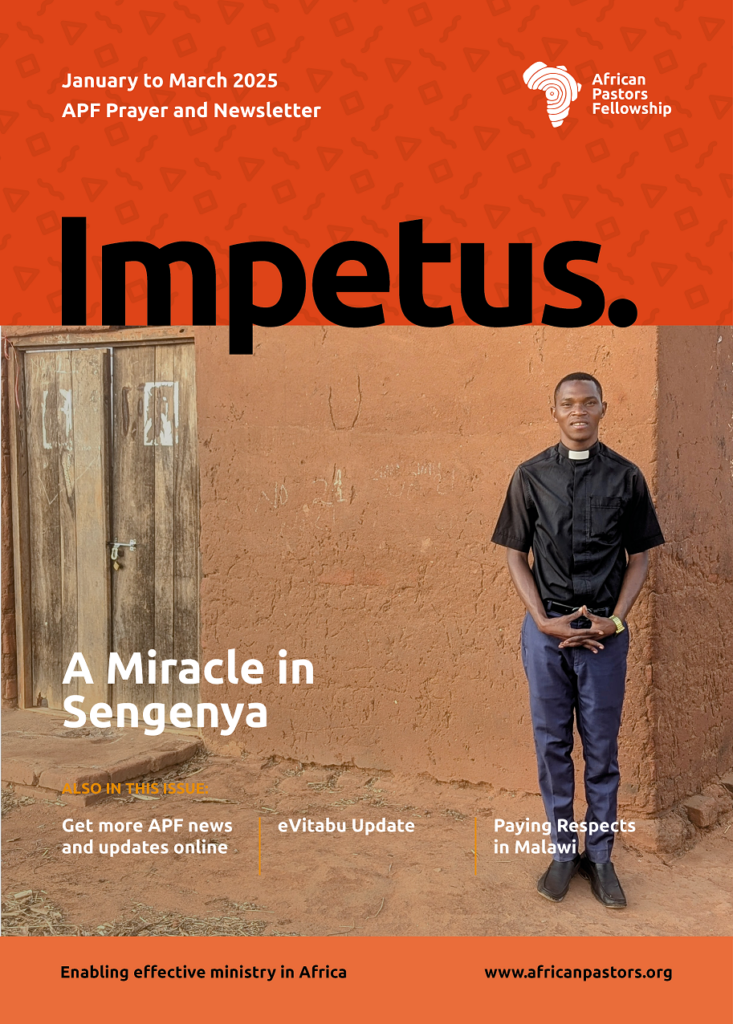
January 2025 Impetus.
Happy New Year!
Welcome to Impetus. January 2025 marks my 10th anniversary as CEO of APF. During that time there have been many encouragements, a few setbacks, a pandemic, and the major innovation for APF being a digital tool – the eVitabu app.
As an organisation, APF has embraced ministry in the digital age in terms of delivery of training and resources in Africa, but also as a tool for communications with donors and supporters in the UK. Whether we like it or not, for the majority of our readers digital media has become an ‘embedded, embodied, and everyday’ fact of life.
With this in mind APF is changing the way we communicate with supporters. Impetus has become a streamlined eight-page journal, and much more regular email and social media updates will be posted online.
This will increase the frequency with which we share up-to-date stories, encouragements and prayer needs, but also reduce the amount of printed material and mailing costs to the charity. We are confident this is the trajectory of travel for charity communication and will result in strengthened relationships with supporters.
To receive more regular digital updates by email instead of a printed copy of Impetus, click here and complete the online sign-up form.
I hope you continue to find Impetus informative and encouraging, and we remain grateful for all your support in prayer, giving or any other way.

Revd Dave Stedman
CEO

